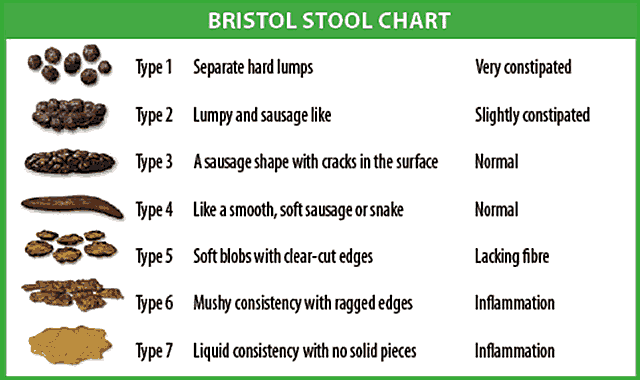By Eriah Lule
On Wednesday evening, I got a call from a friend. The tone in his voice was a simple implication that he wasn’t fine. “Brother, I can’t help myself, my constipation is serious,” said the voice at the end of the phone.
You guessed right. I burst into laughter. It was close to 11 o’clock in the night. All I asked him was “What did you eat?”, a question he failed to answer but also laughed in return.
Why would we mind constipation when we can just take water?
Yes, at any particular point, everyone must have got a hard, dry bowel (stool) in their life. Although its common to us, constipation is a health condition we shouldn’t normalize it.
Stuart Ngoobi, a nurse at Mityana General Hospital, notes that constipation majorly occurs due to our lifestyles and the foods we eat. It occurs due to changes in diet routine or due to inadequate intake of fibers in the body.
He further noted that constipation happens because your colon absorbs too much water from waste (stools/poop), which dries up the stool, making it hard and difficult to push out through the anus.

Donald Mutatina from Mulago National Referral Hospital noted that although constipation causes seemed normal, they could be classified into lifestyle and medication causes.
Among the many lifestyle causes, Mutatina notes eating foods low in fiber, dehydration, lack of enough exercise, and changes in regular routines like traveling and pregnancy.
He further listed medication causes like strong painkiller medicines like narcotines, allergy medications like antihistamines, certain blood pressure medicines including calcium channel brokers, and antidepressants like amitriptyline, among others.
Ngoobi warned of medical causes like endocrine problems like underactive thyroid gland, neurologic disorders including spinal cord injury, structural causes-abnormalities of the structure of the gut, secondary diseases like colon cancer, diverticular diseases, fistula, among others.
People of all age brackets are prone to constipation, though there is a particular class of people who are more likely to consistently be constipated, like pregnant mothers, women in puerperium (about six weeks after giving birth), patients with neurological diseases like brain and spinal cord, and people with digestive disorders. conditions like colon cancer, diverticular diseases, fistula, among others.
Symptoms and signs
Excessive straining while passing out, itching around the anal region, passing hard stools, sometimes even with blood stains.
Treatment
According to Ngoobi, increasing the intake of water by 2-3 glasses on average on a daily basis, a health officer may prescribe medication like Lubiprstone, which increases fluid levels in the intestine.
Plecanatide, which will help make the bowel movements more regular for people with long-term constipation, and prucalopride, which helps the colon move the stool along structural defects in the digestive tract.
Prevention
Mutatina advised eating a high-fiber diet, including foods with a lot of fruits, vegetables, and whole grain cereals. “Remember to add fiber to your food gradually to help reduce related gas and bloating,” he said.
Exercise regularly; this helps to stimulate intestinal function. Getting at least 150 minutes of moderate exercise each week is recommendable.
Respond to nature’s call; don’t ignore the urge to have a bowel movement. The longer you delay, the more water that is absorbed from your stool and the harder it becomes.


